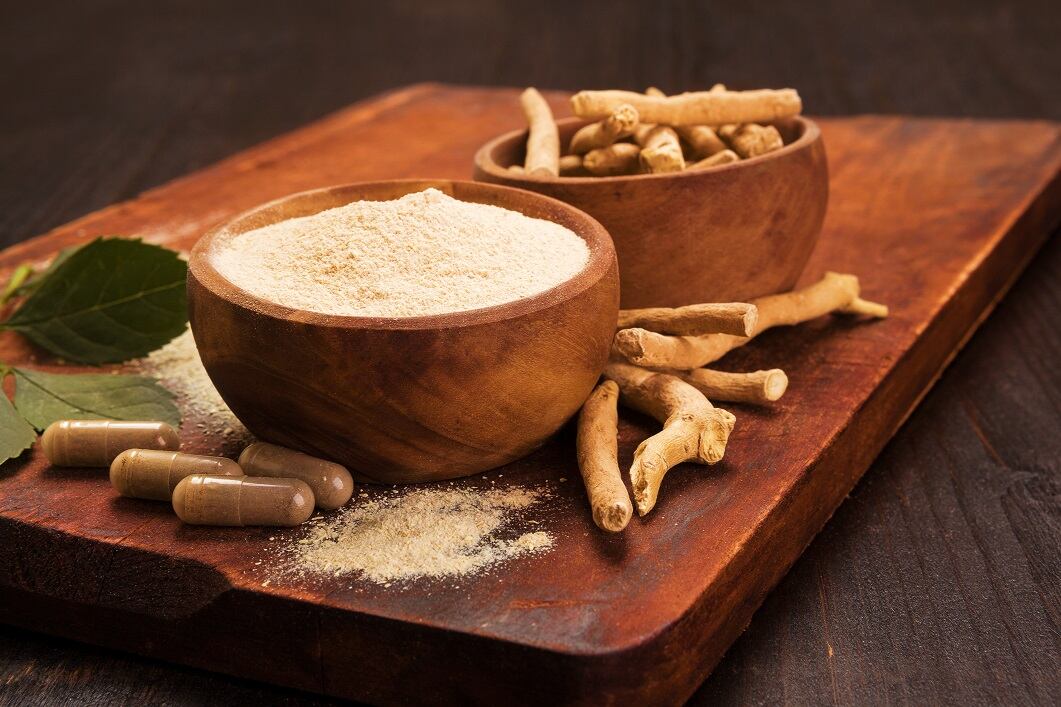The UK Government is welcoming data from food business operators (FBOs) who manufacture, process, distribute, use, sell or import food supplements containing ashwagandha, as well as any other experts or researchers within the field.
The purpose of the call for evidence is to build an evidence package on ashwagandha (aka Withania somnifera) which will be assessed through the FSA’s risk analysis process and inform any future risk management advice and actions.
Warning the LinkedIn community of a potential ban on the ingredient and this opportunity to defend the ingredient’s safety, legal expert Mark Tallon, chief executive officer at Legal Products Group Ltd, stated: “In the UK for the past 24 months we have been defending the safe use of Ashwagandha in food supplements."
He added: “Now is the time for these firms to invest in a coherent defence or look to loose access of their products for lawful sale in the UK.”
Opened on Monday (July 8), the consultation comes after a highly criticized Technical University of Denmark (DTU) report raised a number of health concerns resulting in a ban in Denmark and ripples of concern in surrounding Member States.
Critics of the report have argued there is a lack of expertise or critical research behind the findings, with conflation of the health impacts of the root, stem and leaves and ignorance to the potential issue of contamination in tested products.
The consultation comes just days after a review of the DTU report was published (July 4) in the ‘Journal of Ayurveda and Integrative Medicine’, authored by five Indian academics from Savitribai Phule Pune University, Dr D Y Patil Medical College Hospital & Research Centre, and Indian Council for Philosophical Research.
The report stated the ban on Ashwagandha by Denmark, "invites scientific scrutiny as this decision may have far reaching consequences. Therefore, as a scientific journal, it is our duty to take its due cognizance.”
It continued: “The DTU report has several technical, scientific, and ethical pitfalls. This report does not seem to be peer-reviewed, the credentials of the authors, funding sources, and conflict of interests are not disclosed….
“Unfortunately, the report refers to a few articles from predatory journals in its sketchy literature review. Although the mandate from DVFA is on Ashwagandha roots, it draws conclusions from studies on whole plants, stems, leaves, fruits/berries clearly irrelevant to this case.
“Generally, the DTU report is far from a critical review or analysis and inconsistent with the methodology commonly practiced in food and pharmaceutical sciences making it substandard and misleading.”
It noted the report incorrectly cited the WHO monograph without fully articulating the American Herbal Pharmacopoeia (AHP) – as recently reported by NutraIngredients - meaning it distorted the message to suggest ashwagandha could induce abortion.
In its retaliation to this citation distortion, the AHP stated: "The earlier cautions regarding the use of ashwagandha in pregnancy and its claimed use as an abortifacient were based on anecdotal reports from the ethnobotanical literature that provided no indication such an effect was evident. Furthermore, when such reports were made, the overwhelming majority referred to above-ground parts... not the root, the portion used almost exclusively.
"Similarly, a review of the traditional and scientific data reveals no pharmacological mechanisms that would indicate an abortifacient effect."
The Indian report continued: “The DTU’s findings are contradictory to the scientific literature that has emerged over the past few decades," the Indian report informed. "PubMed search for Ashwagandha yields over 1100 papers published during 2013–2024 (as on June 2024), which indicates growing interest in Ashwagandha and its health and well-being potential. It must be noted that no clinical trials in the last ten years have reported any serious adverse events associated with Ashwagandha roots.”
It stated more than 500 scientific papers have been published on the safety and activity of Ashwagandha since the DTU report of 2020, concluding: "This new body of evidence shows that the DTU report is redundant, irrational and calls for its update.”
The authors noted they were afraid that the DTU report might influence the decisions of more countries. Therefore the Ministry of AYUSH, Government of India has released a Ashwagandha Safety Dossier 2024 which “synthesizes data and presents robust scientific evidence on safety and efficacy of Ashwagandha roots”.


